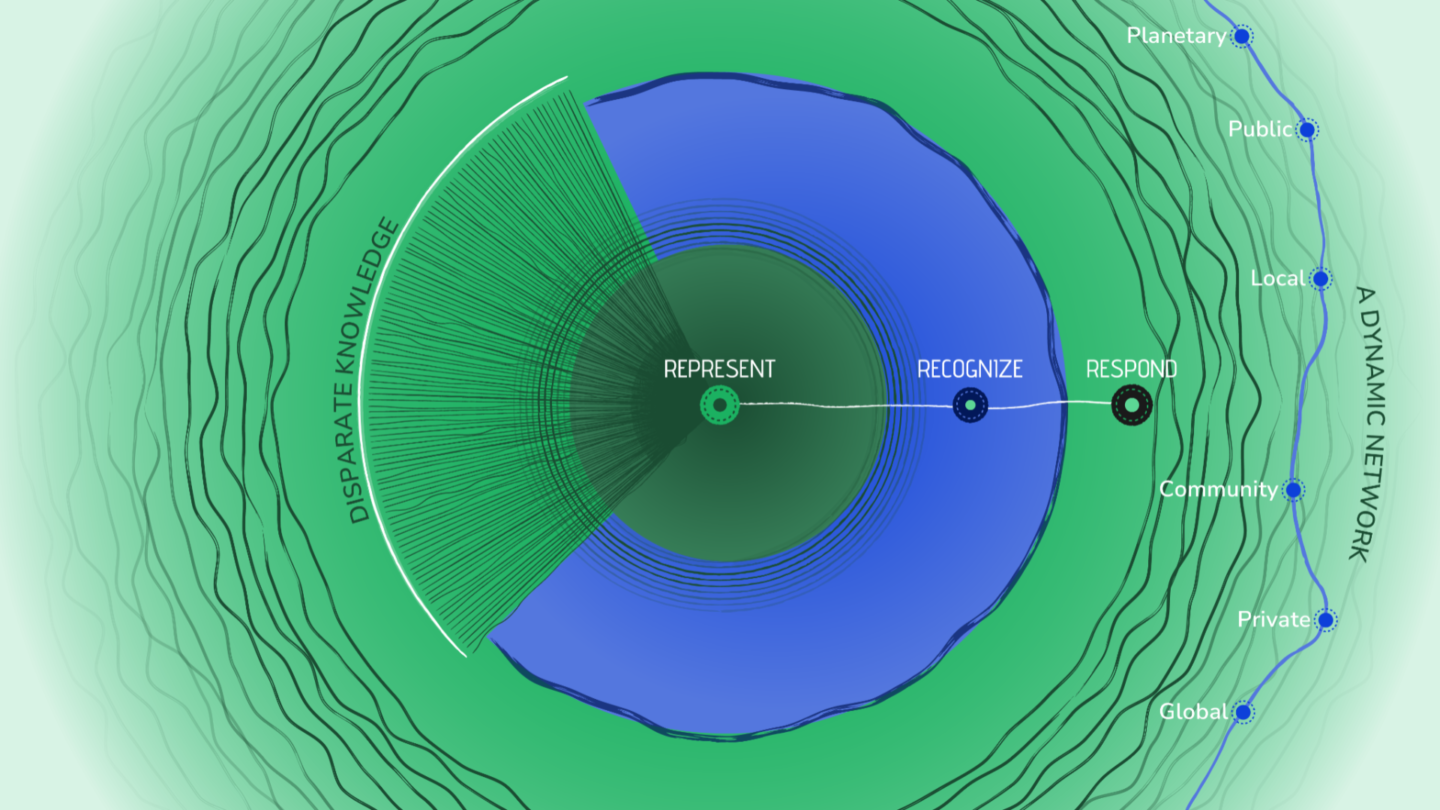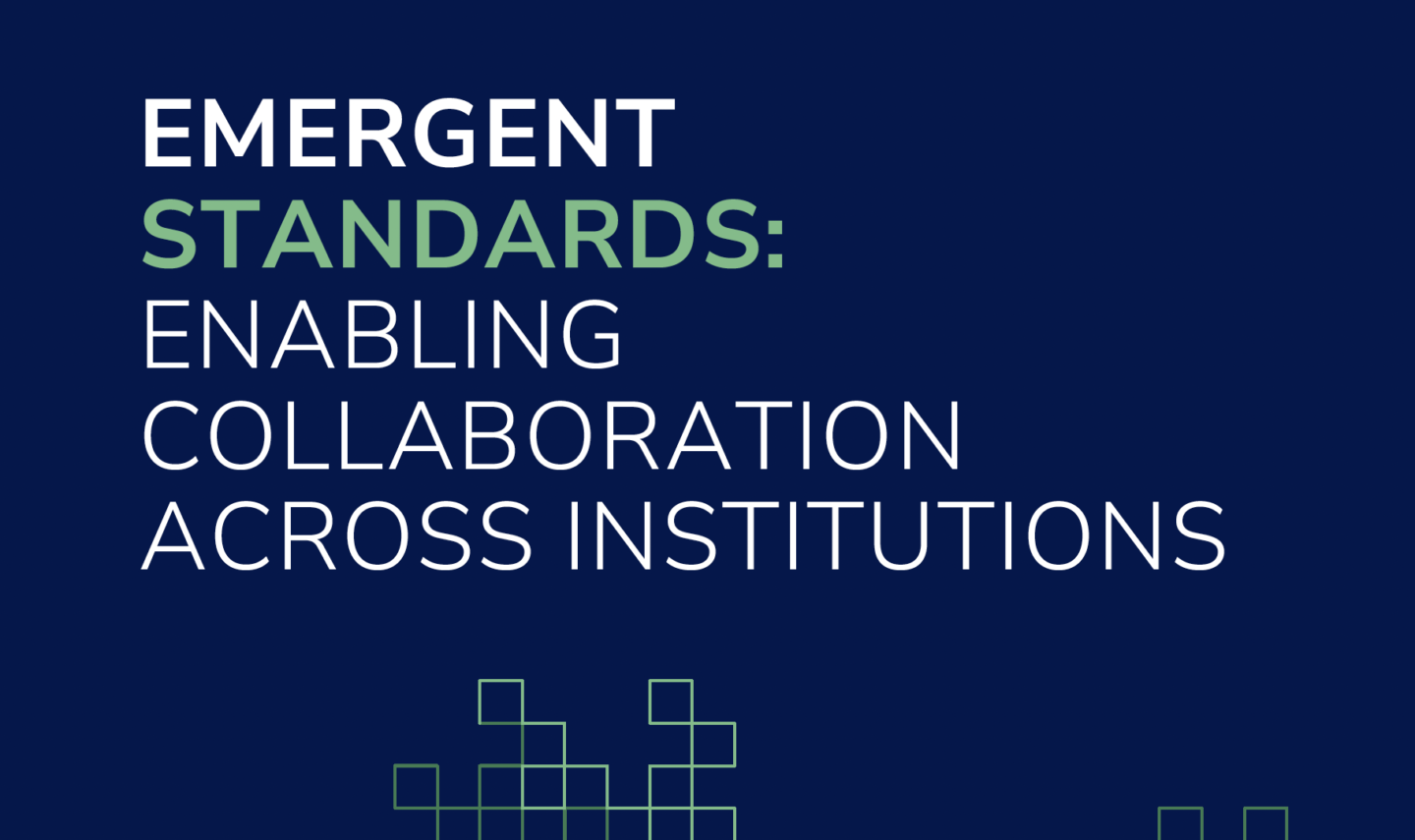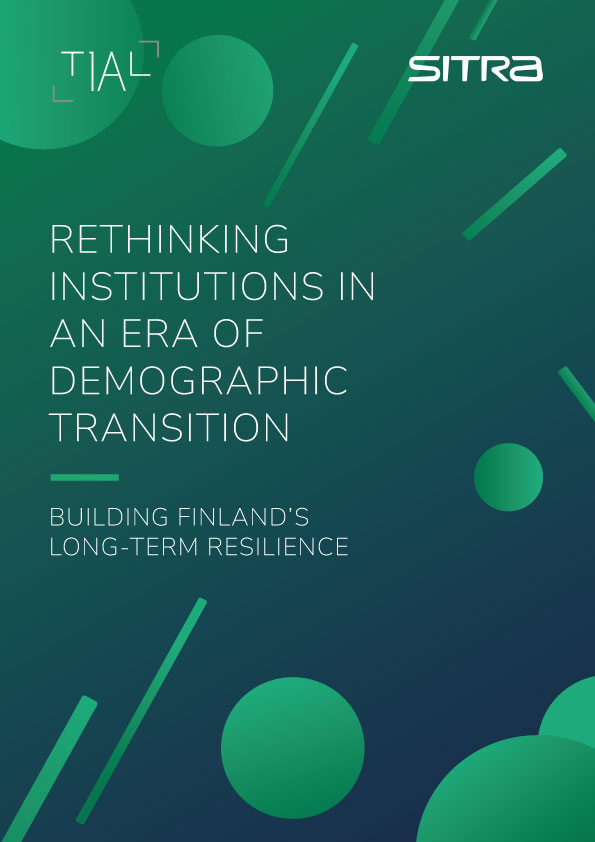This paper proposes a new institutional architecture framework — the Interchange — to address complex, evolving governance challenges like climate change, artificial intelligence, and public health crises. These “wicked problems” are too large and dynamic for any single entity to fully comprehend, requiring ongoing learning and action simultaneously. Current institutions struggle to bridge the growing gap between available knowledge and collective decision-making.
The Interchange centers on three essential functions:
- Represent: making complex realities legible through assessments, models, and metrics
- Recognize: creating structured consideration of knowledge in decision-making contexts
- Respond: mobilizing and coordinating action across dispersed actors
These functions can be accomplished through various institutional forms, emphasizing flexibility in design.
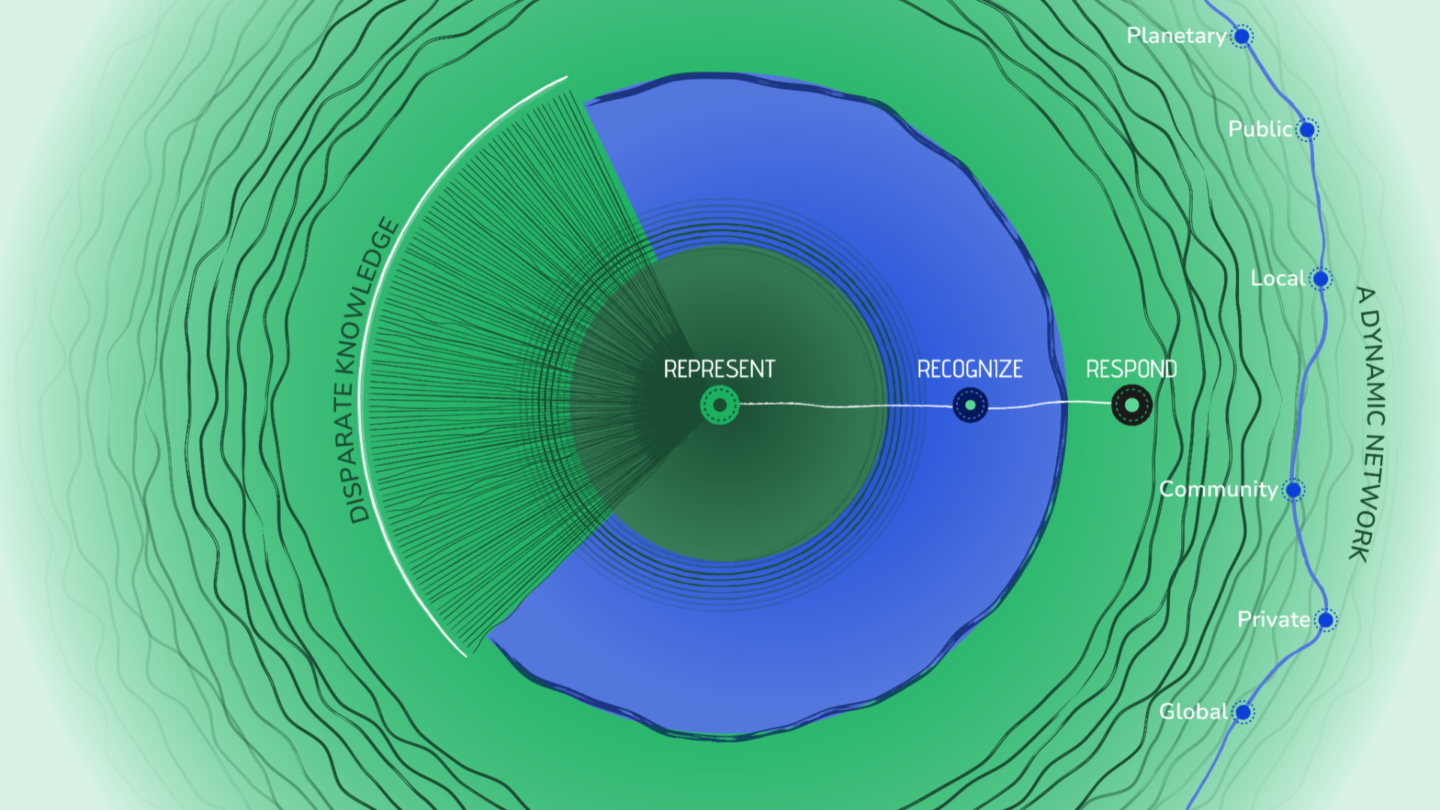
The authors identify three existing archetypes based on how tightly knowledge and action are coupled. North Star Interchanges (like the IPCC) provide authoritative assessments that shape debate without formal decision requirements. Entangled Interchanges (like the UK’s Climate Change Act) formally embed scientific knowledge into governance procedures, creating mandatory feedback loops. Algorithmic Interchanges (like India’s eco-fiscal transfers) automatically trigger responses when specific indicators reach predetermined thresholds.
Beyond individual Interchanges, the paper proposes a “mesh architecture” — networks of connected Interchanges operating at different scales and sectors. This allows concentrated attention on critical system dynamics while maintaining coordination across regions and domains.
The authors explore speculative possibilities using AI, digital twins, and citizen assemblies to enhance representation, broaden recognition to include future generations and diverse knowledge systems, and strengthen collective action through coalition-led responses.
Drawing on literature about boundary organizations, co-production of knowledge, and decision-making under uncertainty, the Interchange offers a new possibility for institutional entrepreneurs designing governance mechanisms that can match the scale, speed, and complexity of contemporary challenges.
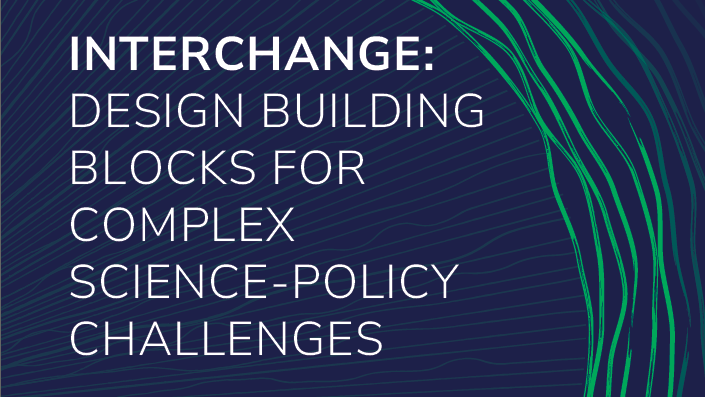
Read more from TIAL
White Paper #004: Interchange: Design building blocks for complex science-policy challenges
Project update: Building institutional architecture for governing climate tipping points
TIAL’s “Tipping Element Interchange” project focuses on developing new institutional architectures capable of recognising and…
Reimagining public institutions: reflections from Istanbul, Berlin, and Brasília
TIAL’s purpose is to highlight the role of institutions, and their underlying architecture, in creating…

